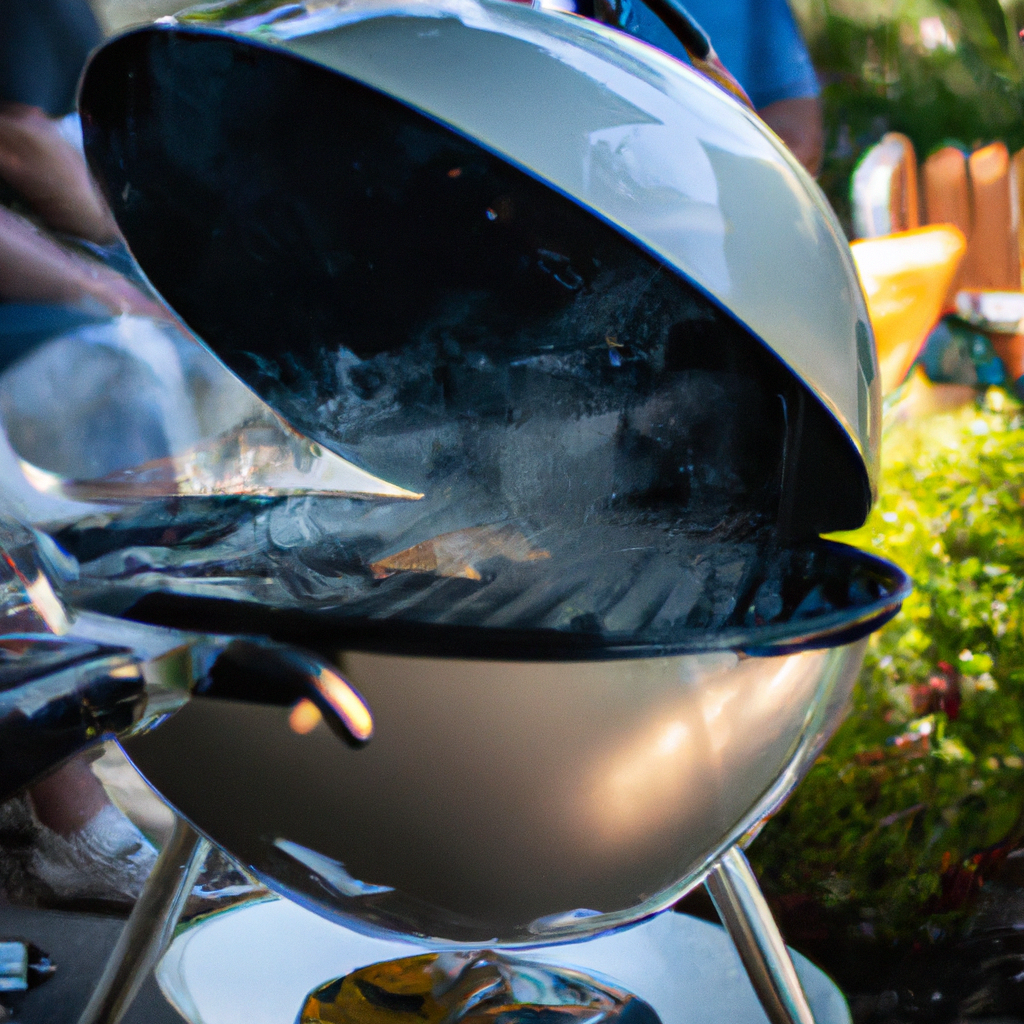
Welcome to our comprehensive guide on the hidden dangers of BBQ and how to avoid health pitfalls. As outdoor cooking becomes increasingly popular, it is important to be aware of the potential risks associated with barbecuing. In this article, we will delve into the various health hazards that can arise from BBQing, including foodborne illnesses, carcinogenic compounds, and harmful cooking practices. By understanding these dangers and implementing safety measures, you can enjoy a delicious and safe BBQ experience.
Food Safety: Preventing Foodborne Illnesses
One of the primary concerns when it comes to BBQing is the risk of foodborne illnesses. Improper handling, storage, and cooking of food can lead to the growth of harmful bacteria such as Salmonella, E. coli, and Campylobacter. To avoid these risks, follow these essential food safety practices:
- Proper Storage: Store raw meat, poultry, and seafood separately from other foods in the refrigerator to prevent cross-contamination. Ensure that they are wrapped securely and placed on the lowest shelf to avoid any potential drips onto other foods.
- Thawing Safely: Thaw frozen meats in the refrigerator or use the defrost function on your microwave. Avoid thawing at room temperature, as it allows bacteria to multiply rapidly.
- Marinating Tips: If you plan to marinate your meat, do so in the refrigerator, not on the counter. Discard any leftover marinades that have come into contact with raw meat, as they may contain harmful bacteria.
- Safe Preparation: Wash your hands thoroughly with soap and water before and after handling raw meat, poultry, or seafood. Use separate cutting boards and utensils for raw and cooked foods to avoid cross-contamination.
- Cooking Temperatures: Use a food thermometer to ensure that meats are cooked to the appropriate internal temperature. For example, poultry should reach 165°F (74°C), while ground meats should be cooked to 160°F (71°C) to kill any bacteria present.
- Avoid Partial Cooking: Never partially cook meats and finish them later. This can lead to uneven cooking and promote bacterial growth.
By following these food safety practices, you can significantly reduce the risk of foodborne illnesses and enjoy a safe BBQ.
The Dangers of Carcinogenic Compounds
While the aroma and flavor of grilled foods are undeniably enticing, it is important to be aware of the potential formation of carcinogenic compounds during the BBQ process. When meat, poultry, or fish are cooked at high temperatures, certain chemical reactions occur that can produce harmful compounds, including:
- Polycyclic aromatic hydrocarbons (PAHs): These compounds are formed when fat and juices from meat drip onto hot coals or heating elements, causing smoke. PAHs can adhere to the surface of meat and may increase the risk of cancer.
- Heterocyclic amines (HCAs): HCAs are formed when amino acids, sugars, and creatine present in meat react at high temperatures. These compounds have been linked to an increased risk of colorectal, stomach, and pancreatic cancers.
To minimize the formation of these carcinogenic compounds:
- Reduce Charring: Avoid excessive charring or blackening of meat, as this can increase the presence of PAHs. Trim excess fat from meat to minimize drippings and flare-ups.
- Precook or Microwave: Consider precooking meats partially before grilling to reduce cooking time and the formation of HCAs. Alternatively, you can use a microwave to partially cook the meat before placing it on the grill.
- Use Marinades: Marinating meats before grilling can create a protective barrier that reduces the formation of HCAs. Opt for marinades containing herbs, spices, and acidic ingredients, such as lemon juice or vinegar.
- Grill at Lower Temperatures: Cook meats at lower heat settings to reduce the formation of carcinogenic compounds. This may require a longer cooking time, but it will help minimize health risks.
By implementing these strategies, you can enjoy the flavors of BBQ while minimizing your exposure to carcinogenic compounds.
The Impact of Cooking Practices on Health
Apart from food safety and carcinogenic compounds, certain cooking practices associated with BBQ can also pose health risks. Let’s explore these potential dangers:
- Excessive Sodium Intake: Many BBQ sauces and marinades contain high levels of sodium, which can contribute to high blood pressure and other health issues. Consider using low-sodium alternatives or making your own sauces using fresh ingredients.
- Exposure to Charcoal and Wood Smoke: Inhaling smoke from charcoal or wood chips used in BBQ can be harmful to your respiratory system. Ensure proper ventilation and avoid direct exposure to smoke. Gas grills or electric grills can be a safer alternative.
- Cross-Contamination: Be cautious when handling raw and cooked foods simultaneously. Use separate utensils and plates to avoid cross-contamination, which can lead to foodborne illnesses.
- Hygiene Practices: Remember to wash your hands regularly, especially when handling raw meats, to prevent the spread of bacteria and potential infections.
Conclusion
In conclusion, while BBQing is a popular and enjoyable outdoor activity, it is crucial to be aware of the hidden dangers and take necessary precautions. By following food safety guidelines, minimizing the formation of carcinogenic compounds, and adopting safe cooking practices, you can mitigate the health risks associated with BBQ. Enjoy your BBQ adventures while prioritizing your health and the well-being of your loved ones. Stay safe and savor the delicious flavors of a well-prepared BBQ!

